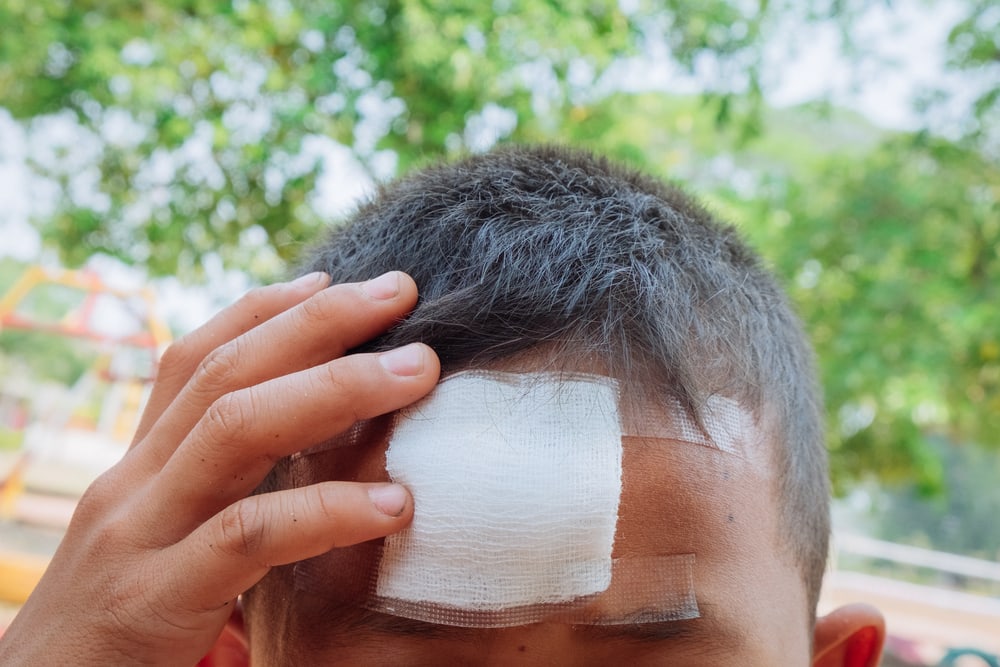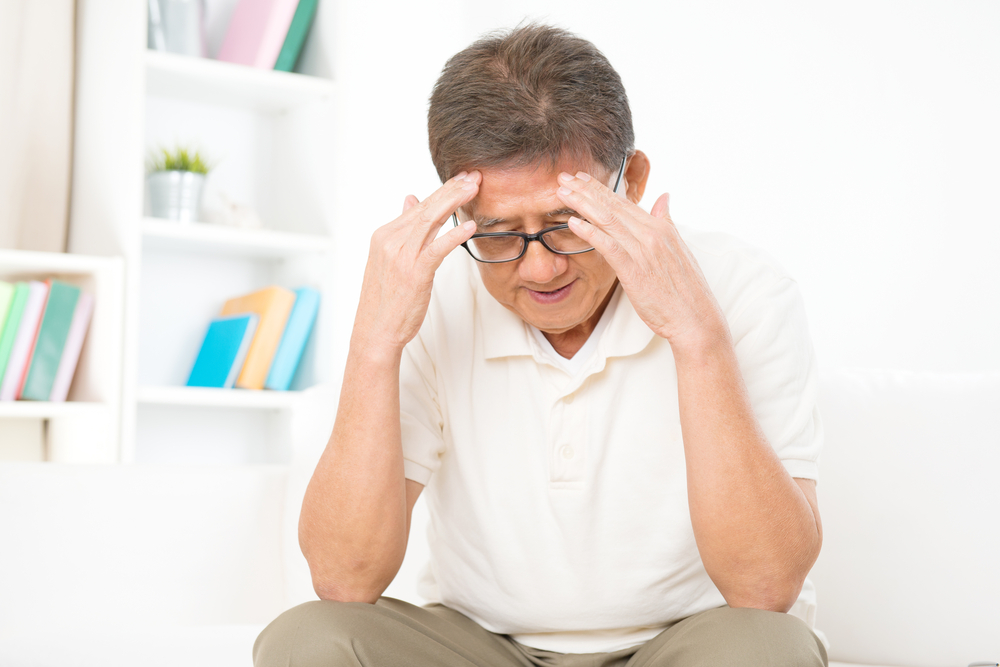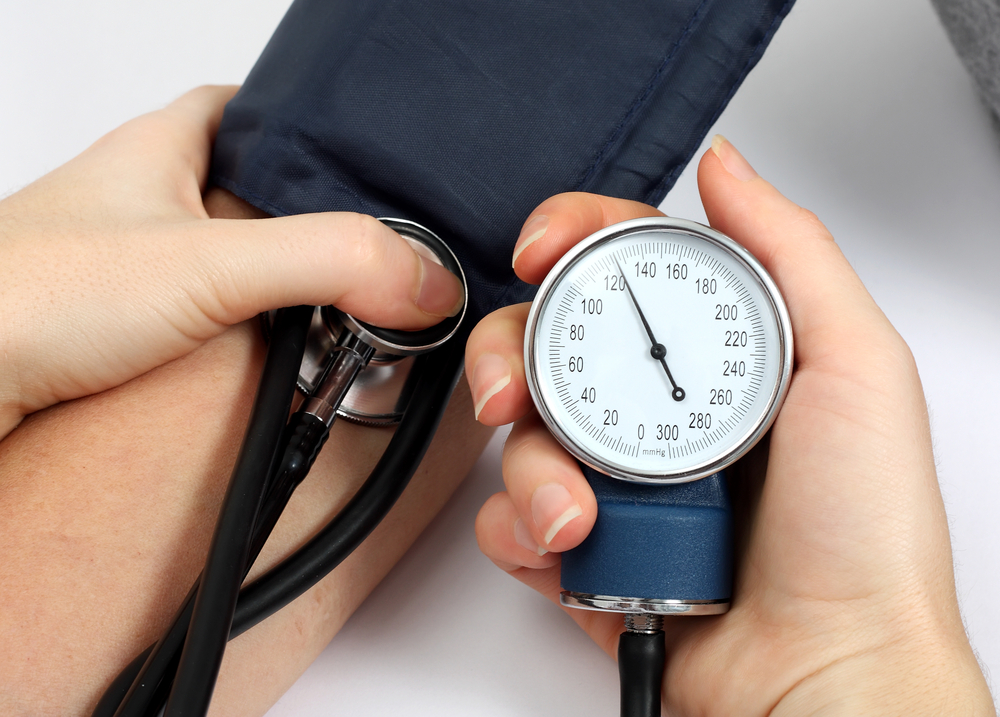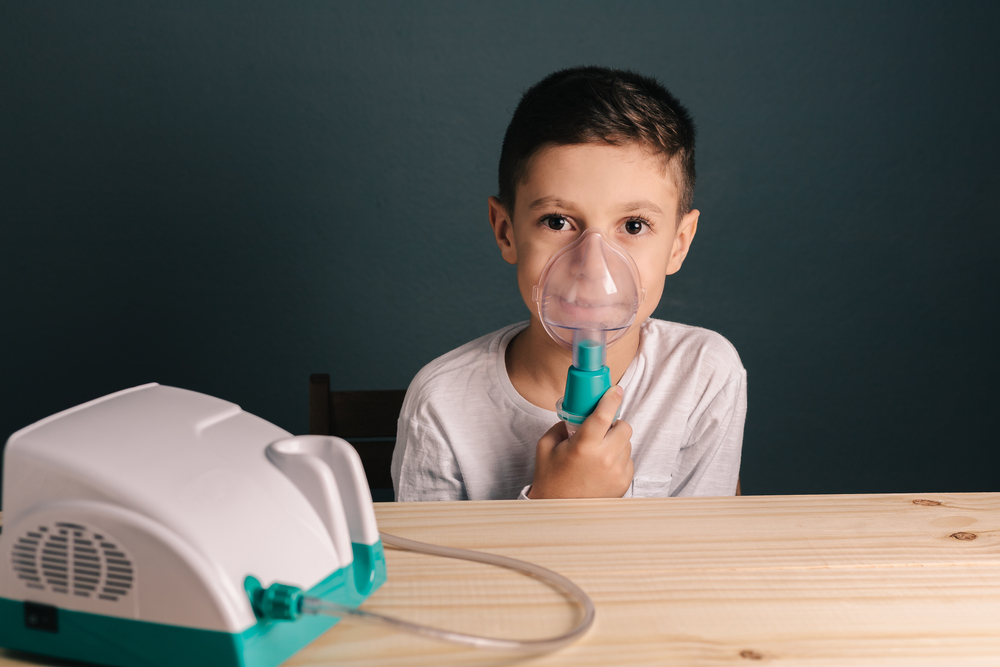Contents:
Medical Video: What Happens During a Colonoscopy?
Definition
What is a colonoscopy?
A colonoscopy is a procedure to see the inside of your bear intestine (colon) using a flexible telescope. A colonoscopy is a good way to find out if there is a problem in your large intestine.
Sometimes polyps (small lumps) are the cause of the problem and endoscopists can eliminate them when the procedure is done.
When do I have to undergo a colonoscopy?
Your doctor can recommend a colonoscopy for:
- investigate signs and symptoms of intestinal problems. A colonoscopy can help your doctor examine possible causes of abdominal pain, rectal bleeding, chronic constipation, chronic diarrhea, and other intestinal problems
- check for colon cancer. If you are 50 years or older so you are at risk of colon cancer (you have no risk of colon cancer other than because) - your doctor can recommend a colonoscopy every 10 years or earlier, to check for colon cancer. Talk to your doctor about the choices you have
- detect polyps. If you have previous polyps, your doctor can recommend an advanced colonoscopy to see and eliminate additional polyps. This is done to reduce your risk of developing colon cancer.
Prevention & warning
What should I know before doing a colonoscopy?
If the picture quality obtained from a telescope at a colonoscopy is not good, doctors can recommend a repeat colonoscopy or advance the schedule for the next colonoscopy. If your doctor cannot move the telescope to all parts of the large intestine, a barium enema or virtual colonoscopy can be recommended to check the rest of your large intestine.
Are there alternatives to the colonoscopy?
Other options include barium enema (large intestine x-ray test) or CT kolografi (scan of the large intestine).
Process
What should I do before undergoing a colonoscopy?
Before the colonoscopy, you will need to empty your large intestine by defecating. Anything in your large intestine can obscure your view of the large intestine and rectum during the examination. Other things you should pay attention to:
- usually, you may not eat solid food the day before the examination. You may not be able to eat or drink anything after midnight the night before the examination
- your doctor may advise you to take laxatives before the examination, either in the form of pills or fluids
- in some cases, you may need to take over-the-counter enemas - either the night before the exam or a few hours before the exam - to empty your large intestine.
You should tell your doctor about the medication you are taking, at least a week before the examination, especially if you have diabetes, high blood pressure, heart problems, or if you use drugs or supplements that contain iron.
You may need to adjust the dosage or stop using the medication temporarily.
What is the process of a colonoscopy?
A colonoscopy usually takes 30-45 minutes.
If necessary, endoscopists can offer you tranquilizers or painkillers.
The endoscope will place a flexible telescope through your anus. The air will be blown into your large intestine to help endoscopes get clearer images. Endoscopists will be able to see problems such as inflammation or polyps. They will be able to take biopsy actions and take photos to help with the diagnosis.
What should I do after a colonoscopy?
If you are given a sedative, you are usually aware within 2 hours. You may feel a little swollen for several hours but this will disappear.
Your doctor will tell you what they found in your large intestine during a colonoscopy and discuss with you treatment or follow-up what you need.
You should be able to work again the next day unless the doctor says otherwise.
Complications
What complications can occur
Colonoscopy can cause several risks. Although rare, complications of a colonoscopy can include:
- allergic reaction
- difficulty breathing or cardiac irregularities
- blurred vision
- infection
- make a hole in your large intestine
- bleeding
- incomplete procedure
Hello Health Group does not provide medical advice, diagnosis or treatment.











